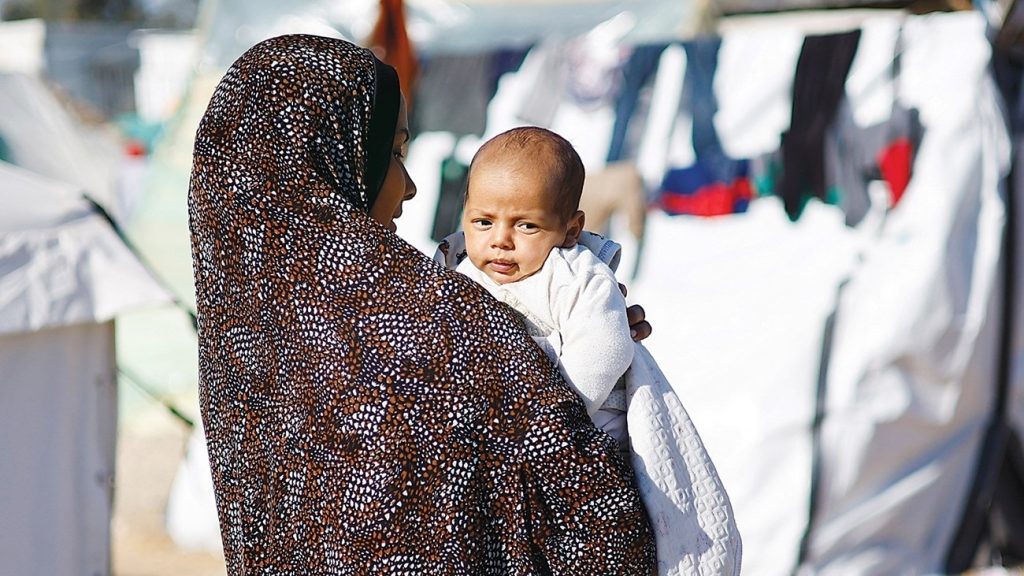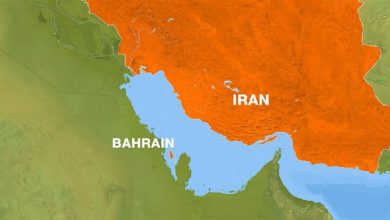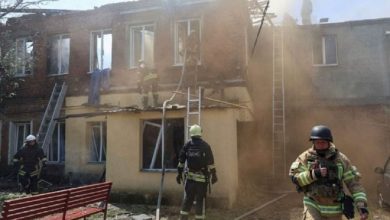Unprecedented Risk: Gaza’s Infants Face Life-Threatening Formula Shortages
Hundreds of newborns and premature babies in Gaza are dangerously deprived of essential therapeutic milk amid an 8-week closure of aid crossings.

Watan-A grave danger looms over hundreds of infants and premature babies in Gaza who face life-threatening consequences due to a lack of essential therapeutic milk products caused by Israel’s siege since the start of the aggression, and increased blockade since early March. Infants are among the most vulnerable groups suffering through the ongoing war, which has claimed 57,000 Palestinian lives since October 7, 2023. Since March, approximately 5,800 have been killed, over 70% of them women and children.
The complete sealing of Gaza’s borders for nearly four months has led to the depletion of therapeutic milk across hospitals, pharmacies, and markets—endangering infants suffering from digestive difficulties, failure to thrive, and weakened immunity. UNICEF-supported nutrition centers recorded over 5,119 cases of acute malnutrition in infants in May alone, including 636 in critical condition—an alarming rate that demands immediate action.
One affected mother, 32-year-old Azdihar Abu Lamdi, displaced in Gaza City, gave birth in April to baby Muhammad (3 months old), who was unable to breastfeed and urgently needed therapeutic formula. She described the daily struggle to find suitable milk at skyrocketing prices amid scarce supplies.
Similarly, 36-year-old Shawq Haidar fears for her 5-month-old daughter Rana, whose weight is dropping due to persistent diarrhea and malnutrition. She managed to secure only two canisters of formula—once from a charity, once from the hospital—until border closures halted relief operations.
The Palestinian Center for Human Rights issued a critical call to save hundreds of at-risk infants, especially premature and medically fragile babies. The center’s economic and social rights director, Fadl Al-Muzaini, warns that hospitals have near-zero stocks of therapeutic milk—including soy-based and hypoallergenic formulas essential for infants with specific health needs. Some deaths have reportedly been linked to lack of proper nutrition.

Al-Muzaini adds that acute malnutrition rates among children have surged by 146% since February. Between January and May, 16,736 infants—112 per day—required hospitalization for malnutrition. The WHO reports at least 55 infant deaths, and the number is feared to be rising.
He states that Israel’s prolonged blockade constitutes a blatant violation of international humanitarian law and amounts to a war crime under Article 8 of the Rome Statute. This severe restriction breaches mandatory International Court of Justice rulings requiring unimpeded humanitarian access.
With nearly all formula types depleted and remaining stocks priced exorbitantly, basic infant nutrition has become scarce or unobtainable—placing newborns, premature babies, and those with medical conditions in dire peril.






